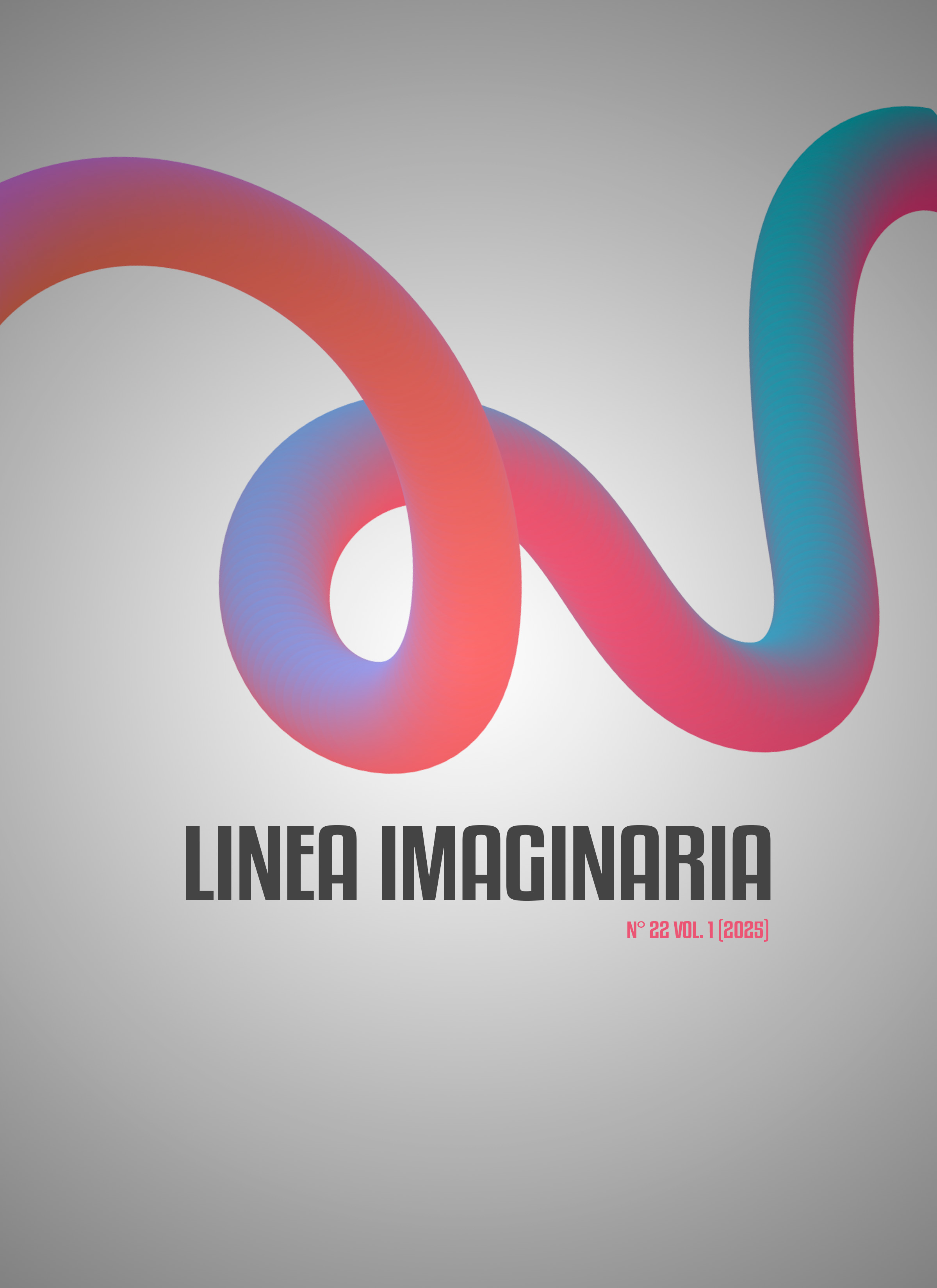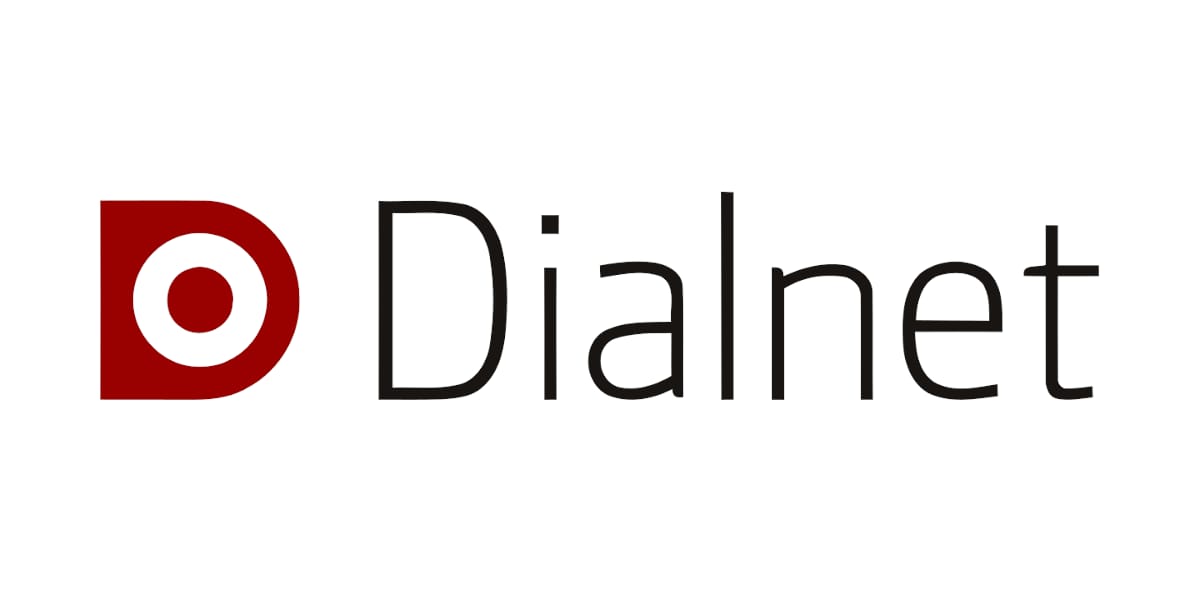GLOBAL COMPETENCES AS AN EDUCATIONAL CHALLENGE: THE ROLE OF TEACHERS IN THE FACE OF PISA DEMANDS
DOI:
https://doi.org/10.56219/lneaimaginaria.v1i22.4161Keywords:
Global competencies, PISA assessments, critical thinking, globalizationAbstract
Current educational systems face the challenge of preparing students for a rapidly changing and globalized world. Technological and informational advancements demand learners capable of engaging with this dynamic landscape, with teachers being the first called upon to understand it. This essay reflects on the global competencies assessed by the PISA standardized tests and their critical role in classroom integration.
First, the paper provides a conceptual framework for global competencies and their significance in student development. It then presents an argumentative analysis highlighting the teacher’s pivotal role in implementing these competencies, examining both the strengths and challenges of this endeavor. Finally, it concludes by emphasizing the urgency of fostering these skills within the educational Colombian system.
Downloads
References
Corresponsables, F. (9 de enero de 2024). La educación rural: una brecha abierta con varios retos. Obtenido de corresponsables.com: https://www.corresponsables.com/col/actualidad/ods-4-educacion-de-calidad/la-educacion-rural-una-brecha-abierta-con-varios-retos/#:~:text=Seg%C3%BAn%20el%20Dane%2C%20la%20totalidad,los%20niveles%20educativos%20registraron%20decrecimiento.
Deardorff, D. (2009). Intercultural competece model . Obtenido de Education.uw.edu: https://www.education.uw.edu/cirge/wp-content/uploads/2012/11/Darla-INTERCULTURAL-COMPETENCE-MODELS-deardorff-09.pdf
Dellepiane, P. (2022). Reseña del libro Formar docentes para un mundo mejor. Un estudio comparativode seis programas de formaciónpara educar en el siglo XXI. Obtenido de Revista Iberoamericana de Educación: http://rieoei.org DOI: https://doi.org/10.35362/rie9015333
Freire. (1970). La pedagogía de oprimido . Obtenido de wordpress.com: https://fhcv.wordpress.com/wp-content/uploads/2014/01/freire-pedagogia-del-oprimido.pdf
Goleman, D. (2011). La inteligencia Emocional . Obtenido de iuymca.edu.ar: https://iuymca.edu.ar/wp-content/uploads/2022/01/La-Inteligencia-Emocional-Daniel-Goleman-1.pdf
Gurría, A. (2019). Trabajo de a OCDE sobre educación y competencias . Obtenido de cna.gov.co: https://www.cna.gov.co/1779/articles-401134_documento.pdf
Morín, E. (1999). Los siete saberes necesarios para la educación del futuro. Obtenido de UNESCO: https://www.uv.mx/dgdaie/files/2012/11/CPP-DC-Morin-Los-siete-saberes-necesarios.pdf
OCDE. (2018). Preparing Our Youth for an Inclusive and Sustainable World: The OECD PISA Global Competence Framework. Obtenido de https://www.oecd.org/en/about/directorates/directorate-for-education-and-skills.html
ONU. (2015). Objetivos de Desarrollo Sostenible. Obtenido de https://www.un.org/sustainabledevelopment/es/education/
ONU. (2015). Transformar nuestro mundo: la Agenda 2030 para el Desarrollo Sostenible. Obtenido de https://www.un.org/sustainabledevelopment/es/education/
Reimers, F. (2020). Formar Docentes para un mundo mejor. Un estudio comparado de seis programas de formación docente para educar para el siglo XXI. Obtenido de repositorio.ucjc.edu: https://repositorio.ucjc.edu/bitstream/handle/20.500.12020/902/Formar%20Docentes%20para%20un%20mundo%20mejor%20Reimers.pdf?sequence=1&isAllowed=y
Saenz, e. a. (2022). Construcción conceptual de la competencia global en educación. Obtenido de Teoría de la educación. Revista interuniversitaria: https://revistas.usal.es/tres/index.php/1130-3743/article/view/teri.25394/26611
UNESCO. (2015). Educación para la cuidadanía mundial: temas y objetivos de aprendizaje. Obtenido de unesdoc.unesco.org: https://unesdoc.unesco.org/ark:/48223/pf0000233876
UNESCO. (2022). ¿Qué es el marco de Comepetencia Global? Obtenido de https://gaml.uis.unesco.org/wp-content/uploads/sites/2/2022/06/Global-Proficiency-Framework-Overview_SP.pdf
Downloads
Published
How to Cite
Issue
Section
License

This work is licensed under a Creative Commons Attribution-NonCommercial-ShareAlike 4.0 International License.
La revista Línea Imaginaria conserva los derechos patrimoniales (copyright) de las obras publicadas, que favorece y permite la reutilización de los mismos bajo la licencia Creative Commons Atribución-NoComercial-CompartirIgual 4.0 , por lo cual se pueden copiar, usar, difundir, transmitir y exponer públicamente, siempre que se cite la autoría y fuente original de su publicación (revista, editorial, URL y DOI de la obra), no se usen para fines comerciales u onerosos y se mencione la existencia y especificaciones de esta licencia de uso. Si remezcla, transforma o crea a partir del material, debe distribuir su contribución bajo la misma licencia del original.














